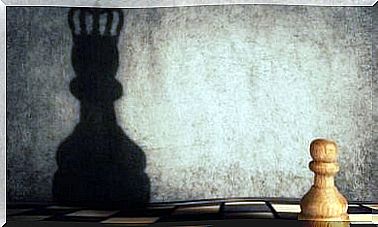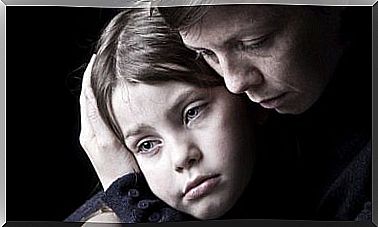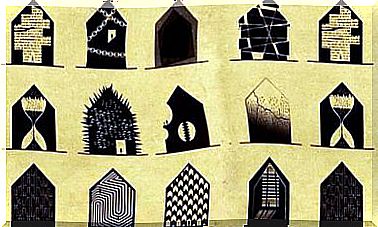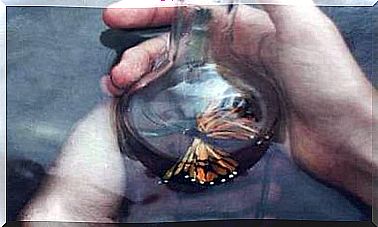Making Comparisons Always Has A Dark Side
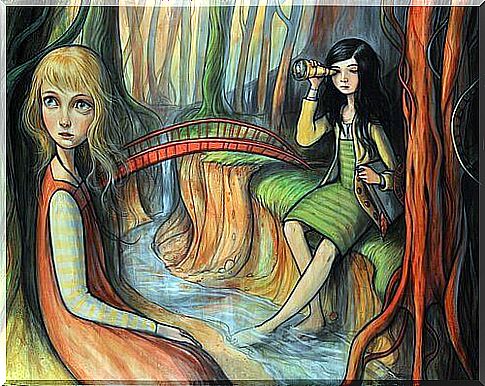
If you really want to be happy, don’t be tempted to make comparisons between the present moment and other moments from the past. In any case, they will be moments that, ironically, you couldn’t appreciate because you compared them to moments that only existed in your head. In other words, making comparisons is the way to make life bitter. There is no more effective way to lose focus than by comparing the past with the present.
“I miss the good old days” sums up the risks we run when we make comparisons. According to neurologist and psychiatrist Alan R-Hirsch, we must remember the past as a combination of many different moments.
In the process of remembering, the negative emotions fade. When we remember something, we hold onto the positive emotions. In this way we idealize the past. The good bits of our past will always beat the present. And that is precisely the result of this prejudice.
To grow we have to write a story with our memories, our history. But we must not allow ourselves to linger there. What happened to you yesterday may have been wonderful. But it means nothing if you don’t move forward with the present. Our actions should not be an attempt to get back what is impossible to get back. Rather, we should focus them on creating new things.
Why do we make comparisons?
According to Festinger’s theory of social comparison, certain characteristics of a specific situation, such as ambiguity, are a significant motivating factor in making comparisons. Festinger came to this conclusion by observing a principle that governs all social comparisons: conformity.
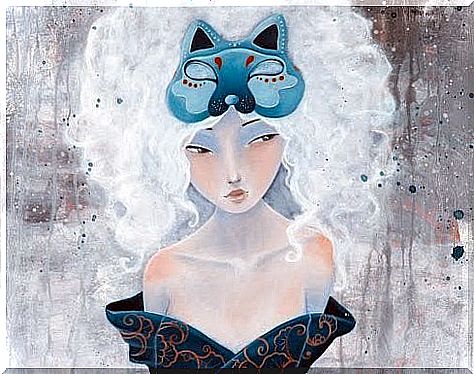
This theory explains how we judge our own opinions and abilities by using information obtained from comparisons with others. So making comparisons responds to our need to judge ourselves.
When we do that in a situation where we interact with people, we can preserve our autonomy and identity. In this way we can distinguish ourselves from others. When we feel that our identity is under threat, one of our likely solutions is to differentiate and use equations as a scale.
We compare ourselves to others because we need to know our place in the world or in a group. For example, imagine two brothers. One is very eager to learn and the other is not. The second knows that in the area where his brother excels, he won’t be able to stand out. He will therefore most likely devote himself to another area, for example in sports. In this way he is balanced in his comparison with his brother. One is not better than the other: they are different.
When comparisons only hurt us
Depending on our personal characteristics, we can compare ourselves to others in ascending or descending order. When we compare ourselves to others who are making progress successfully, we dissect comparisons in which we are likely to put the person at a disadvantage. But on the other hand, when we make a downward comparison, we analyze characteristics in which we have an advantage.
However, it is unbalanced. Because when you compare yourself to people you think are superior to yourself, it feels more annoying than the degree to which the comparisons to people you think are inferior make you feel. This may be related to the fact that we view upward comparisons as a threat.
Advertising and sales techniques use upward comparisons in their advertisements. These usually create dissatisfaction among users. This dissatisfaction then makes us more vulnerable to the adverse effects of sales images in the media. People who make more upward comparisons are at greater risk of being influenced by, for example, Photoshop-edited ads.



